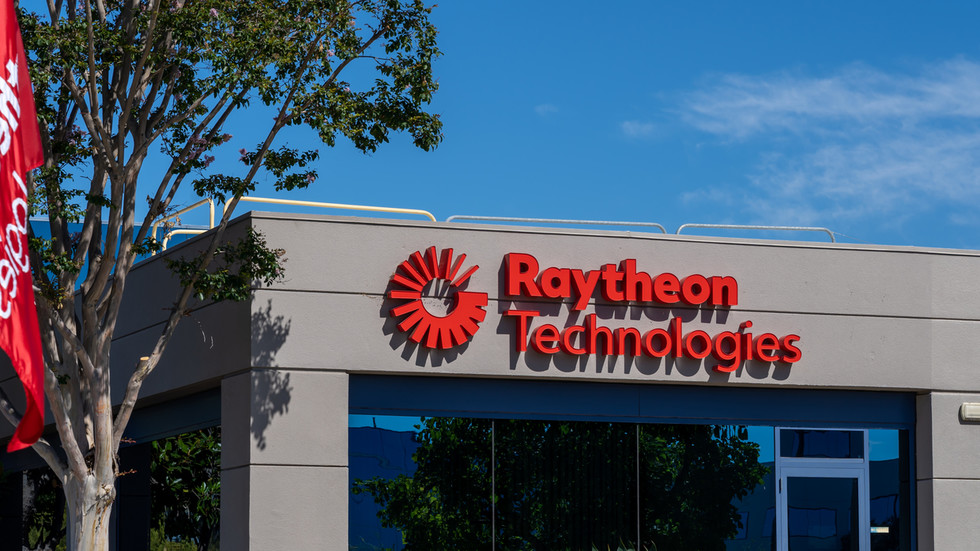Raytheon, a major U.S. defense contractor and subsidiary of RTX, has recently been implicated in significant legal issues related to foreign bribery and fraud involving federal contracts. An announcement made by the U.S. government revealed that Raytheon is ordered to pay over $950 million in fines due to its engagement in corrupt activities, including inflating the costs of federal contracts and bribing prominent military officials abroad. The revelations were made public via a press release from the U.S. Department of Justice, indicating that Raytheon has acknowledged the allegations against it. As part of a settlement, the company has accepted a three-year deferred prosecution agreement (DPA) concerning two counts of major fraud directed against the United States.
The Justice Department’s statement outlined that Raytheon’s malpractices involved two distinct schemes that defrauded the Department of Defense (DoD) in relation to the provision of crucial defense materials and services, specifically regarding the sale and maintenance of PATRIOT missile systems and a radar system. Prosecutors noted that between 2012 and 2013, and again from 2017 to 2018, employees at Raytheon provided the DoD with false and misleading information during contract negotiations. This deceitful practice reportedly resulted in an overpayment of $111 million by the DoD to Raytheon for the projects in question, highlighting the serious implications of the company’s dishonest dealings in public sector contracts.
Moreover, the allegations extend beyond these specific incidents, as Raytheon also confessed to submitting false information related to costs and pricing on a range of government contracts between 2009 and 2020. These admissions underline a broader pattern of deceptive practices within the company’s operations, raising concerns about the integrity of the contracts they managed and the overall trustworthiness of the defense industry. The company has entered into another three-year DPA in relation to additional violations, including conspiring to bribe a senior military official in Qatar and attempting to bypass the Arms Export Control Act (AECA) by concealing bribes within export licensing requests to the State Department.
In conjunction with the DPAs, Raytheon reached a separate settlement related to the False Claims Act, affirming its involvement in the fraudulent pricing schemes. Kevin Driscoll, Deputy Assistant Attorney General of the Justice Department’s Criminal Division, commented on the serious ramifications of Raytheon’s actions. He emphasized that such corrupt behavior diminishes public trust, adversely impacts the DoD, and creates unfair advantages against legitimate businesses that adhere to ethical practices, ultimately harming American taxpayers. The weight of these allegations poses significant reputational and operational risks to Raytheon as well as considerable scrutiny and oversight from federal agencies.
The two DPAs stipulate that Raytheon must engage an independent compliance monitor for a three-year period and enhance its internal compliance program, which includes requirements for reporting any further misconduct and cooperating with ongoing or future criminal investigations. This extensive oversight aims to ensure that Raytheon rectifies its business practices and maintains compliance with federal guidelines moving forward. The case serves as a stark reminder of the importance of ethical conduct and accountability in the defense sector, particularly given the significant taxpayer investment in military and defense projects.
As discussions regarding the implications of Raytheon’s legal troubles unfold, the case represents a significant milestone in the government’s efforts to combat corruption within the defense industry. By imposing severe financial penalties and instituting mandatory compliance measures, authorities are signaling their commitment to uphold integrity in federal contracting processes. The outcome of this case could influence future dealings in the defense sector and prompt other contractors to re-evaluate their compliance and ethical standards, thereby fostering a culture of transparency and responsibility in government contracting.

